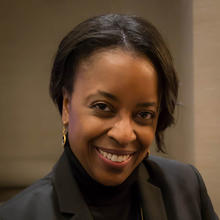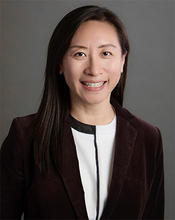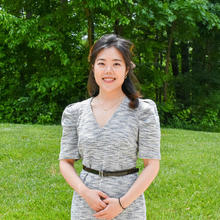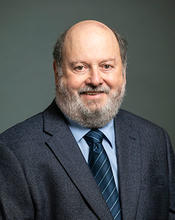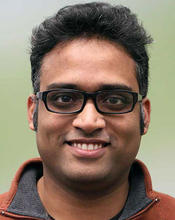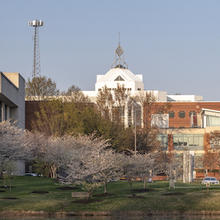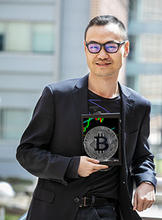- December 11, 2023
Open-source learning materials promise to democratize education, while reducing the financial burden on students. But how can schools bring faculty on board?
- October 11, 2023
Can wearable tech resolve the crisis of underemployment among neurodiverse individuals? A multidisciplinary Mason research team is about to embark on a major study to find out.
- June 20, 2023
Why are some firms more forthcoming than others about their social and environmental impact? It may have to do with the CEO’s personal incentives.
- May 22, 2023
How can you convince someone to give you their time or money free of charge? Focus on the head, not the heart.
- May 10, 2023
A Mason professor is the sole academic working with the U.S. government in an unprecedented effort to measure environmental-economic activity.
- March 9, 2023
The moment a brand publicizes its good works, it’s at risk of seeming cynical. A Mason professor offers research-based advice on how to generate lasting brand value from sustainability.
- February 22, 2023
Human trafficking is a global crisis of overwhelming scope. Fortunately, anti-trafficking organizations can use AI to predict the criminals’ next moves–with the help of a George Mason University professor.
- February 2, 2023
Thanks to TikTok, Twitter, Instagram et al, we are living in the age of social influence. But how can influence be harnessed to make the world a better place? Yun Young Hur, assistant professor of information systems at George Mason University School of Business, explores that question in a recently published paper in Information Systems Research.
- December 1, 2022
George Mason University’s Business for a Better World Center (B4BW) recently convened an in-person Stakeholder Roundtable on the subject of Corporate Governance. The half-day event took place at Point of View International Retreat & Research Center at Mason Neck in Lorton, VA on October 21.
- October 19, 2022
For most drivers in the U.S., obeying a stop sign upon approaching an intersection is an unavoidable annoyance. But for Mason finance professor Jiasun Li, it’s a problem waiting to be solved. His recent working paper proposes a simple and economical improvement: removing one stop sign from every four-way intersection. According to his calculations, this would boost not only driver safety, but environmental sustainability as well.

